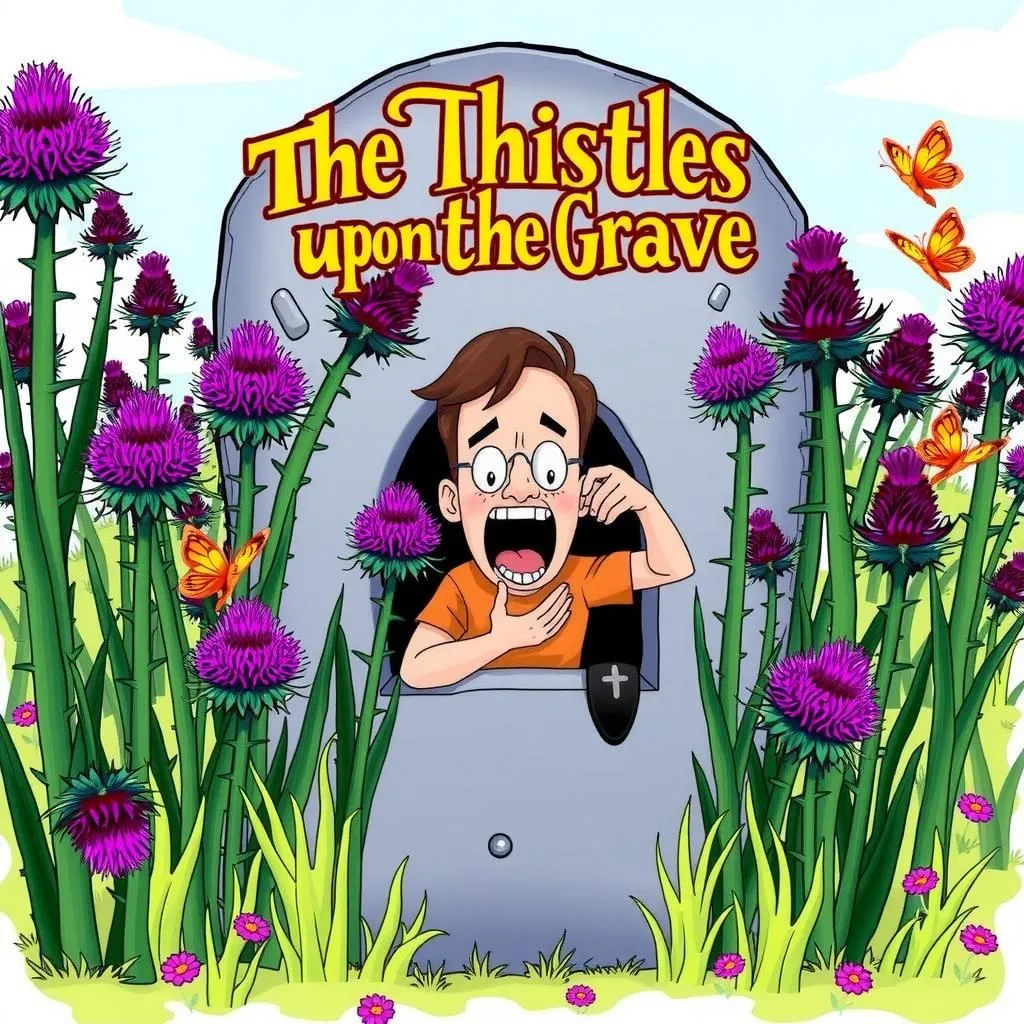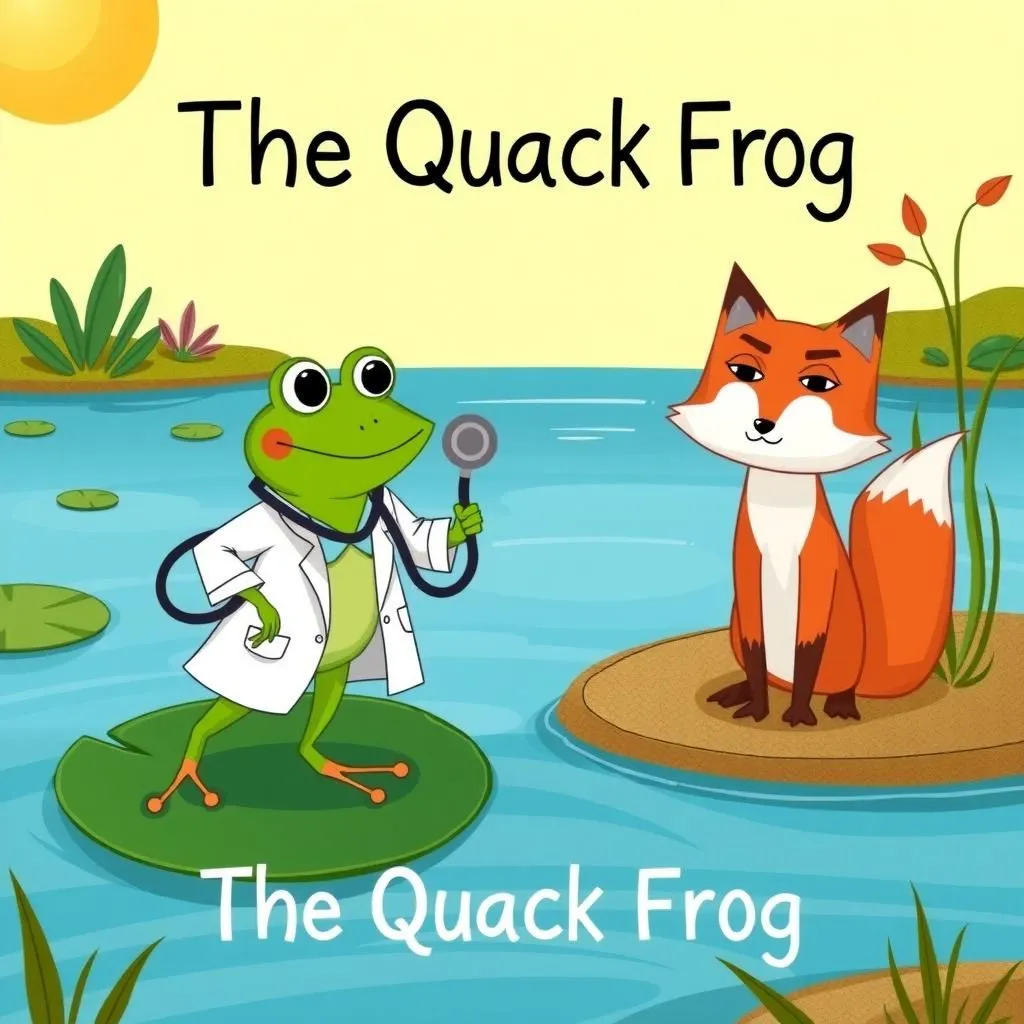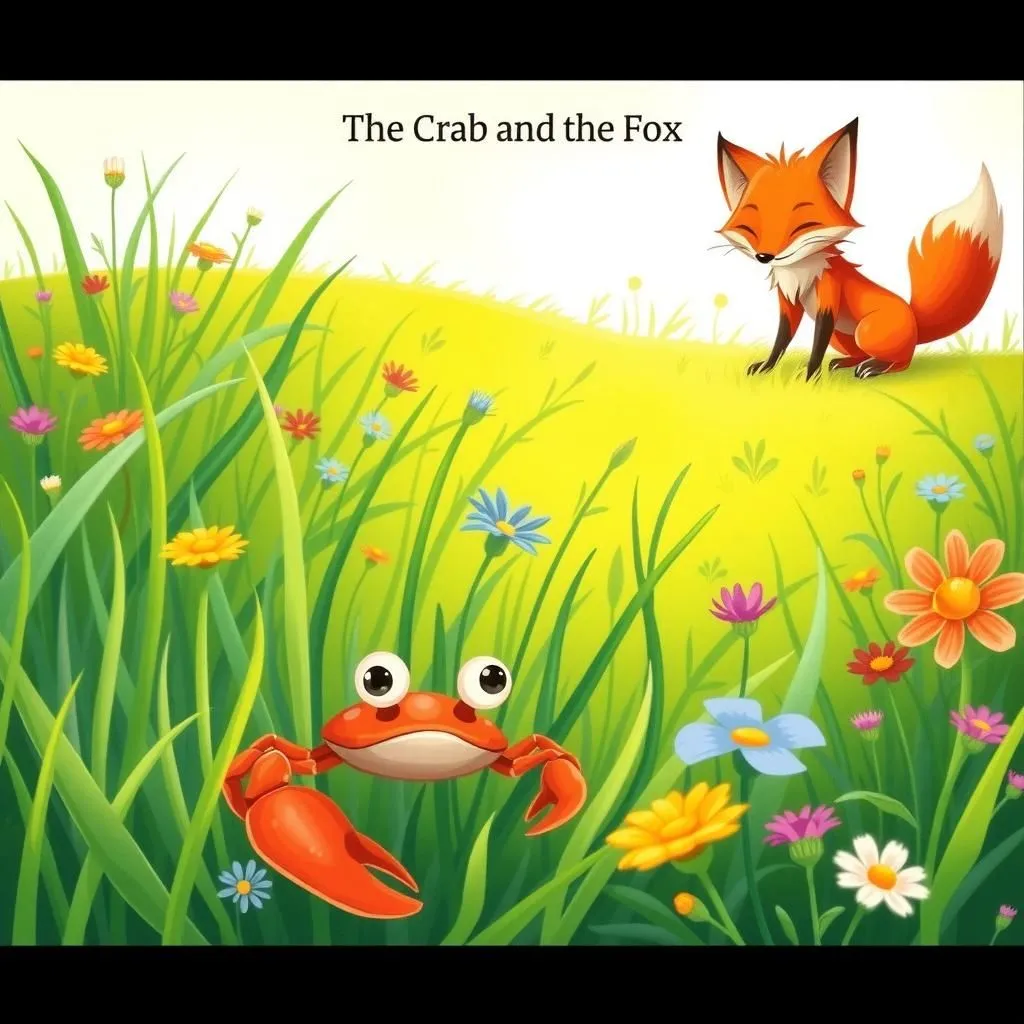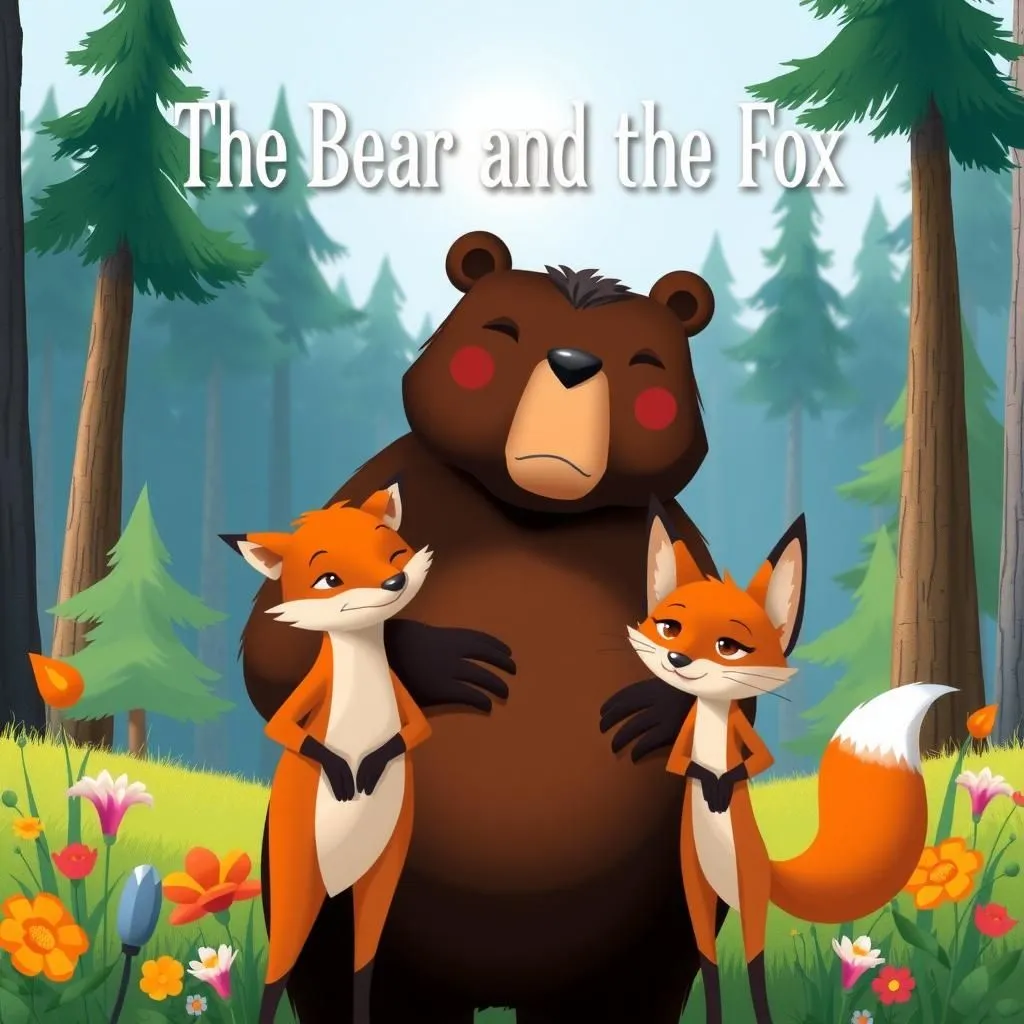
The Thistles upon the Grave
In the very short moral story "The Thistles upon the Grave," a Mind Reader wagers that he can be buried alive for six months, using thistles to secure his grave against disturbances. However, after only three months, he emerges to eat the thistles, losing the bet and illustrating the folly of underestimating basic needs. This simple short story serves as a reminder that even the most clever plans can be undone by simple desires, making it a notable example among famous moral stories for class 7.


